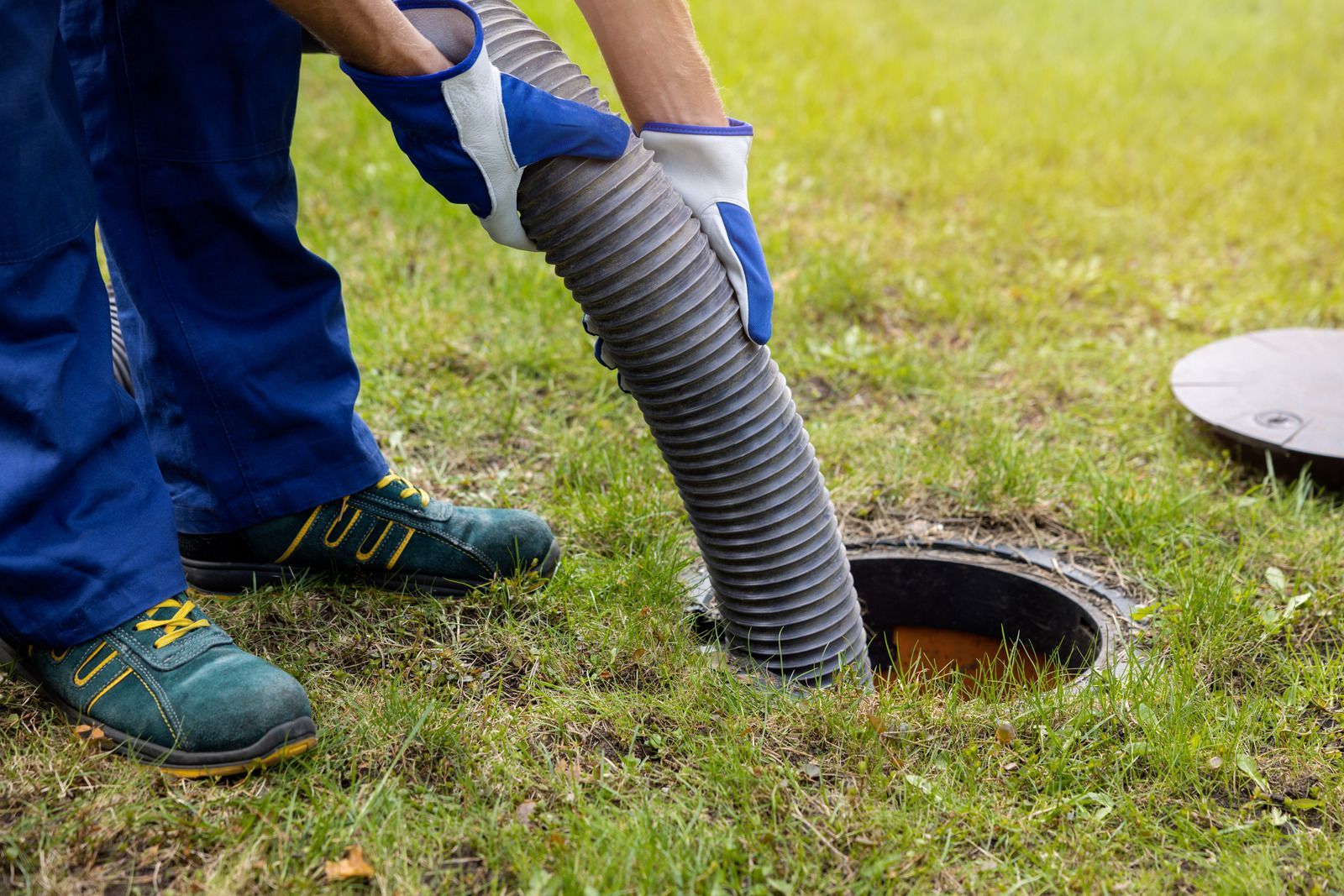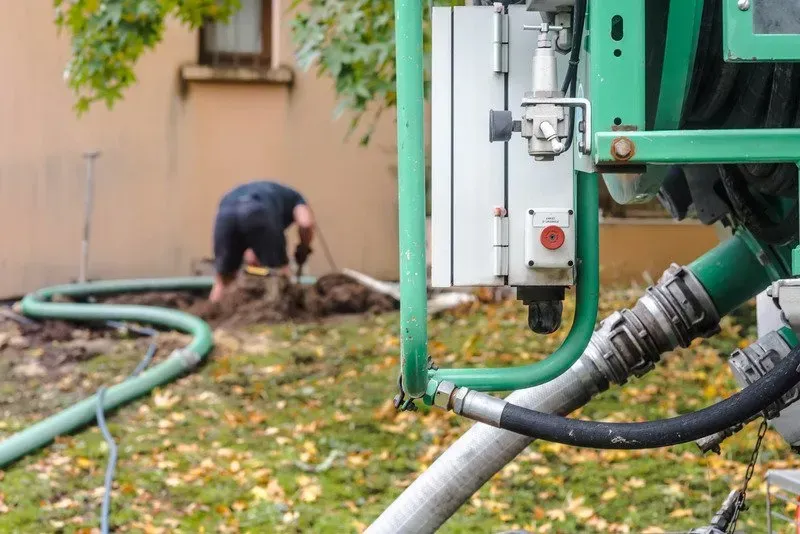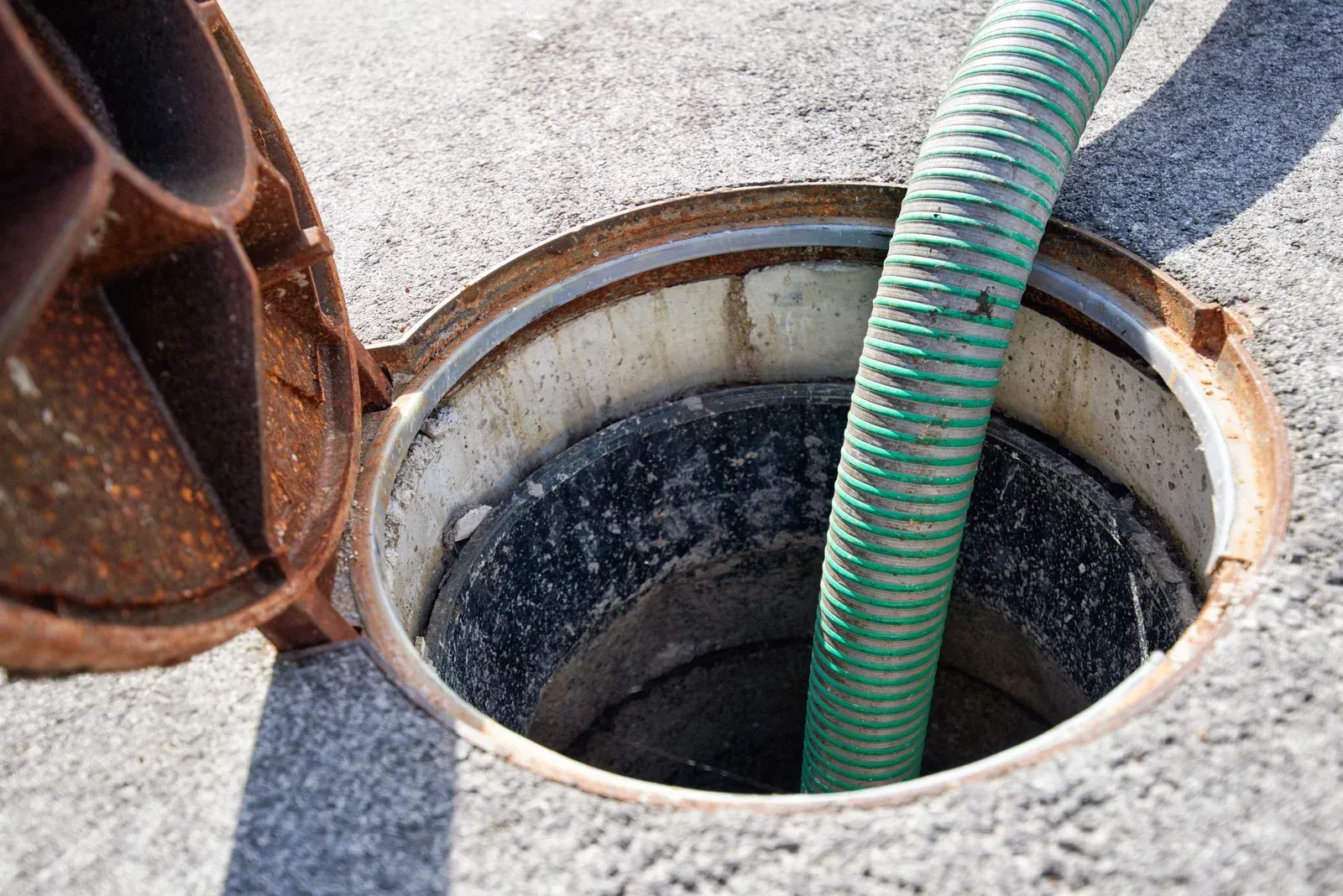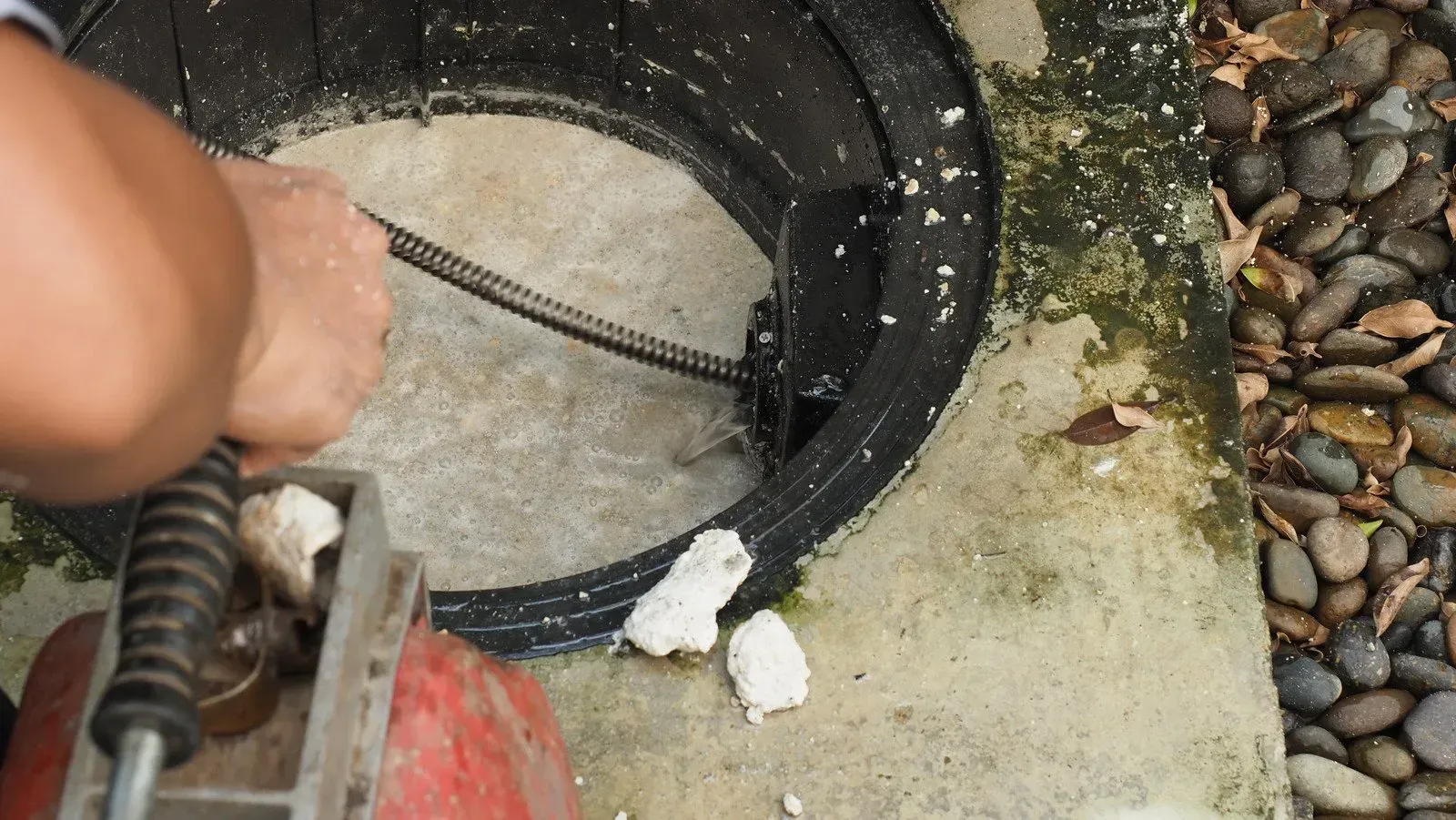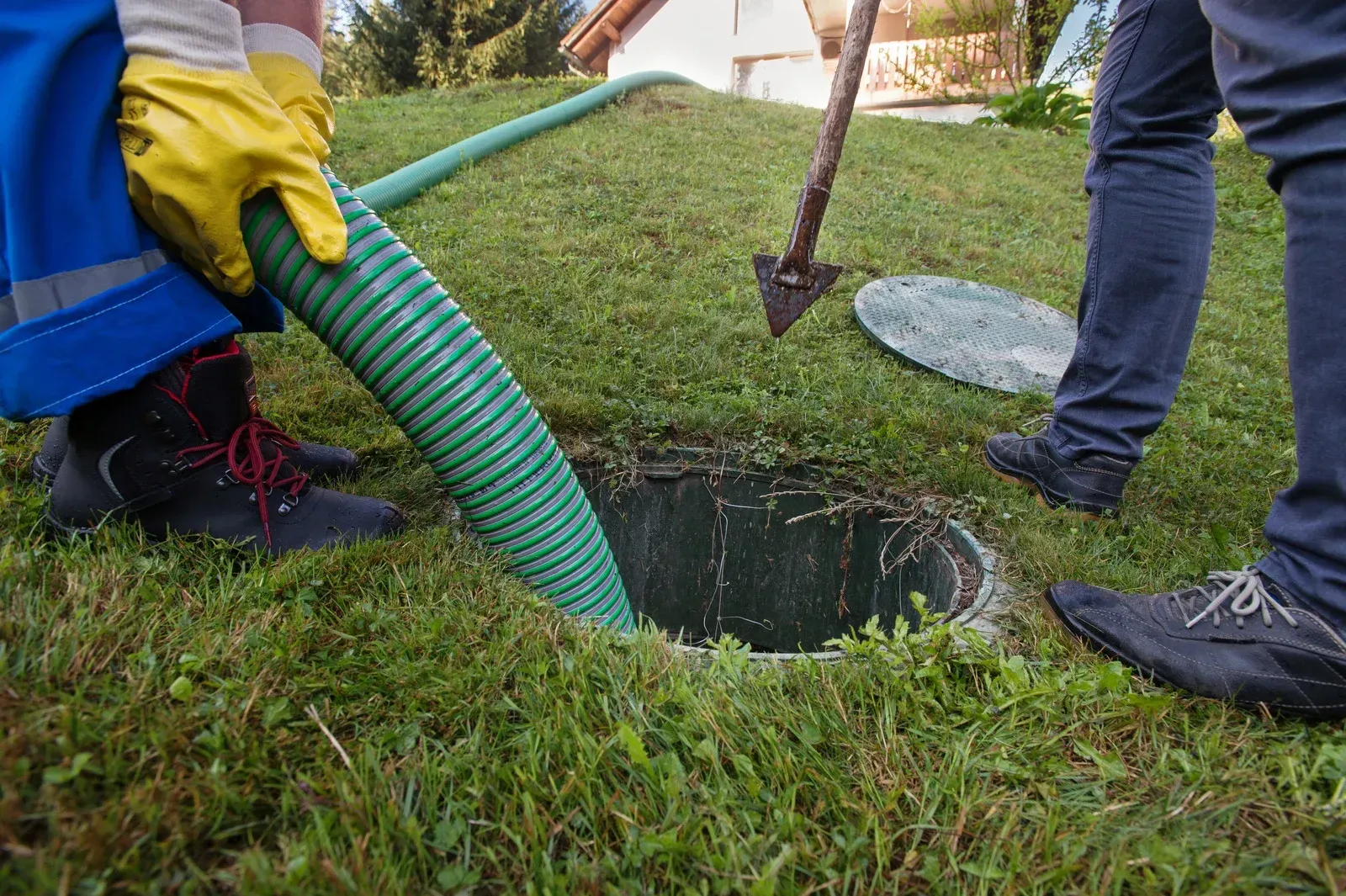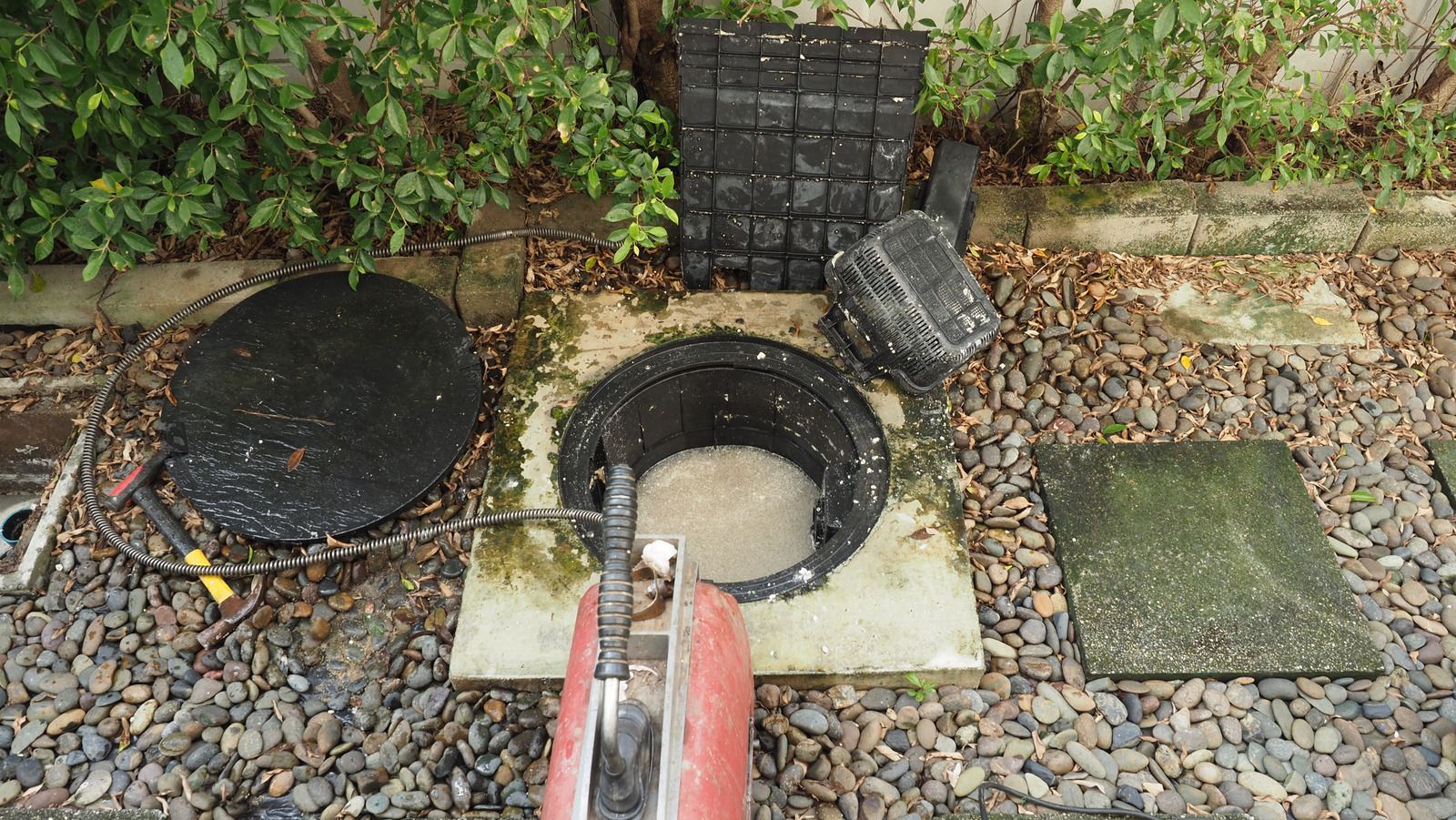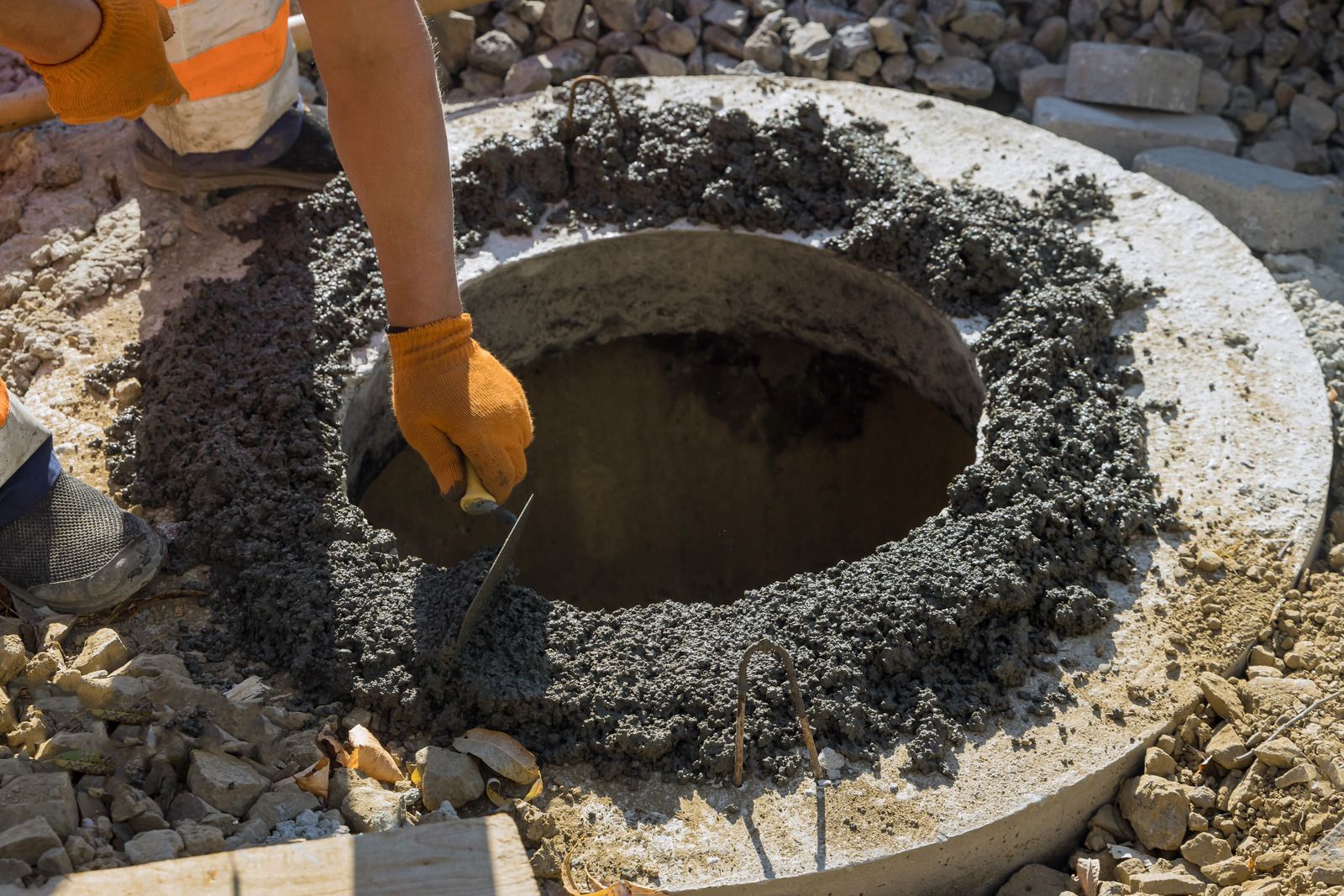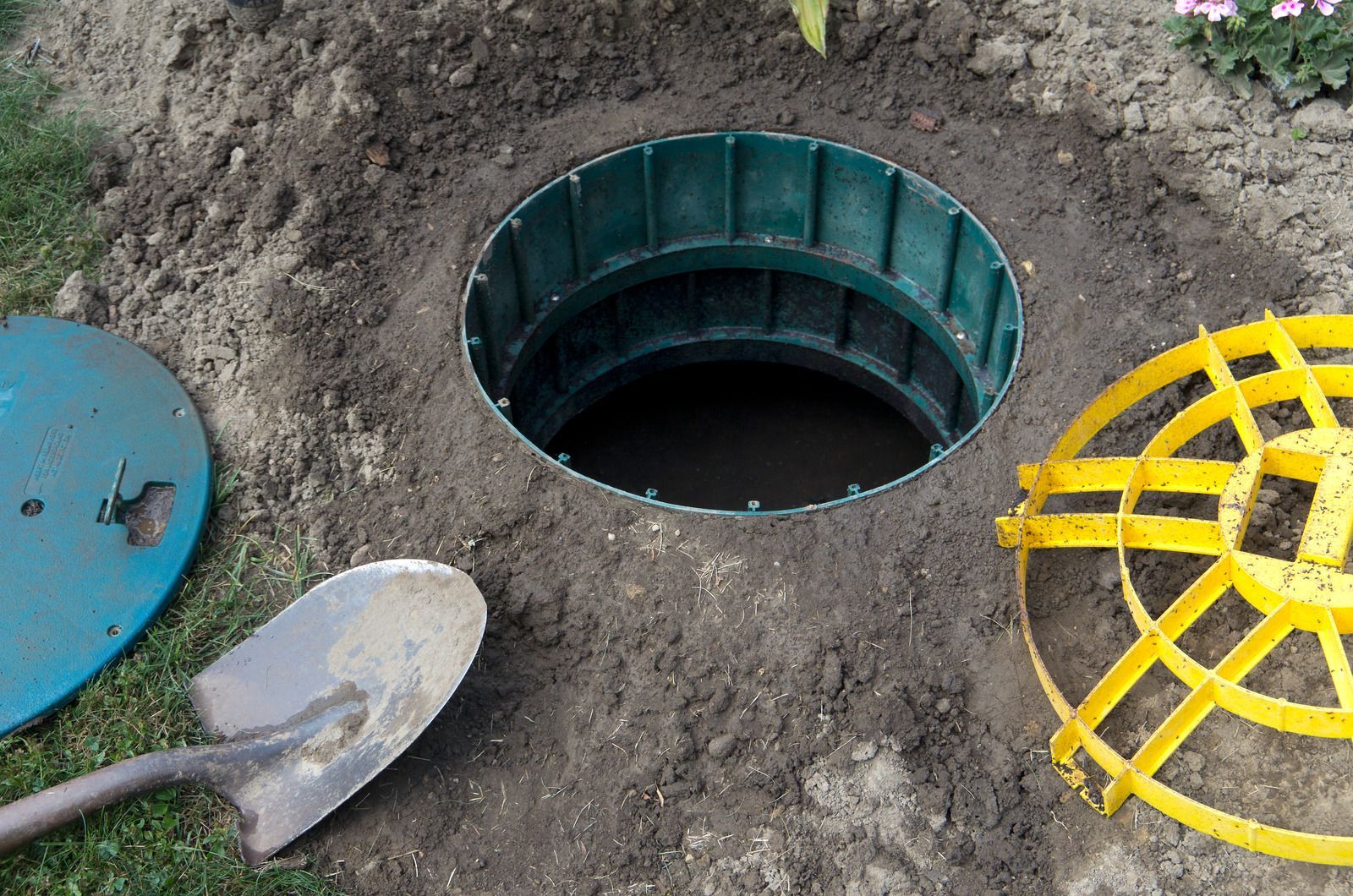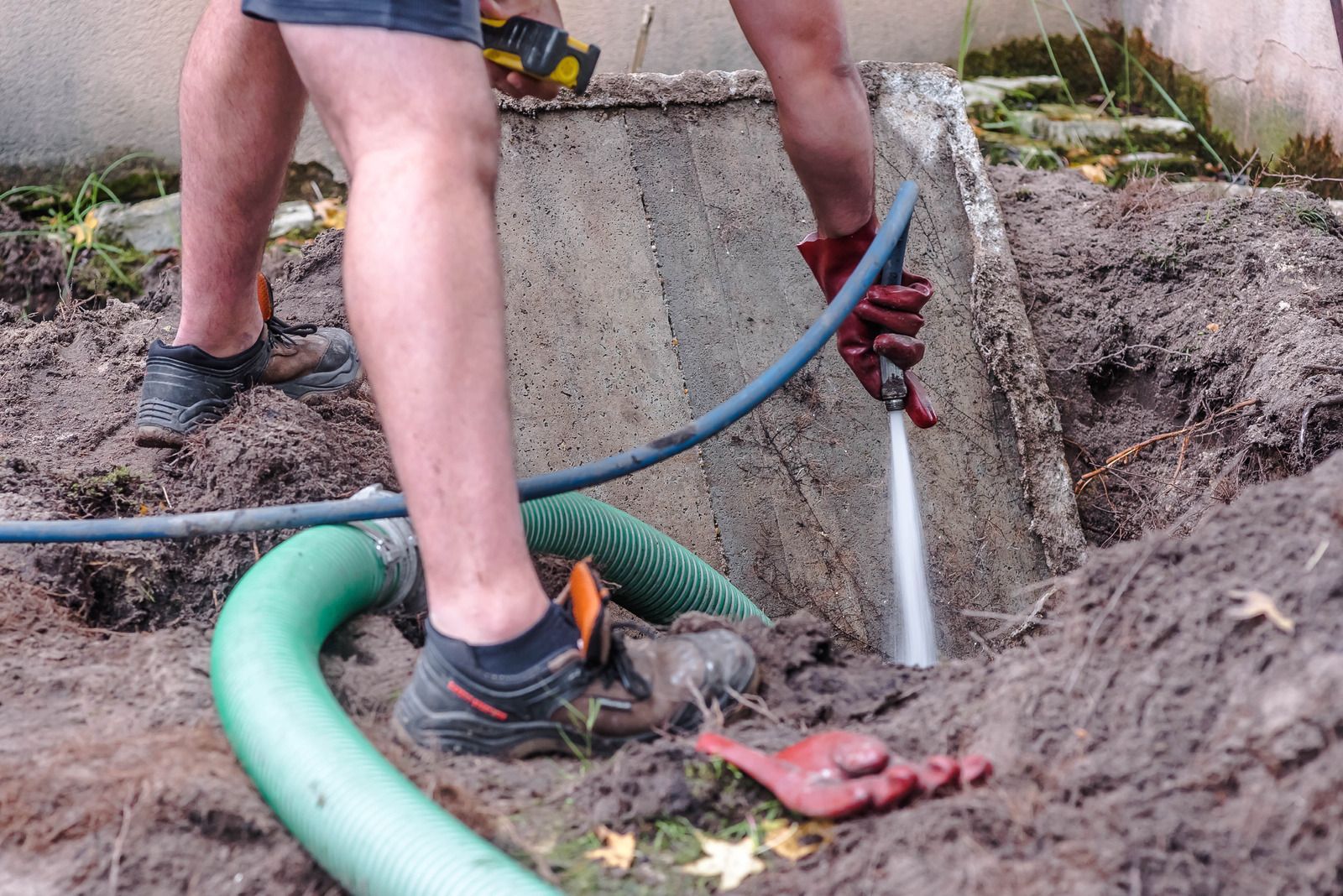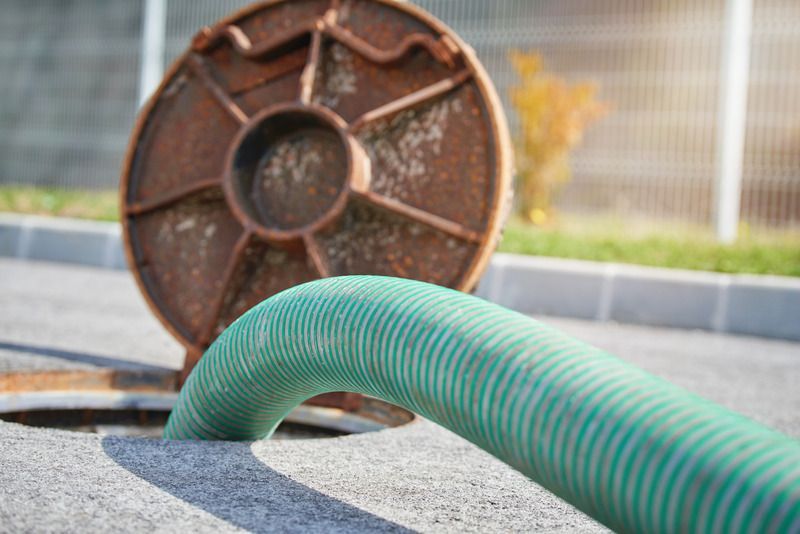The Untold Environmental Impact of Jetting: Solutions and Innovations
Within the intricate network of our domestic plumbing systems, even the most maintained pipes can succumb to blockages, causing disruption and frustration.
Drain jetting, a high-pressure water technique often emerges as the swift solution to dislodge these clogs. While its effectiveness is undeniable, the environmental impact of jetting remains largely unexplored. This lack of awareness regarding water consumption, energy usage, and potential wastewater contamination necessitates a closer look. We can ensure responsible drain care practices by delving into these drawbacks and exploring sustainable alternatives.
Water Consumption and Energy Use
Drain jetting is a thirsty business. It utilizes massive quantities of water, a precious resource in many parts of the world. This high water volume strains local supplies and requires significant energy to pump and pressurize. The energy used for jetting can come from fossil fuels, releasing harmful greenhouse gasses into the atmosphere and contributing to climate change.
The Problem of Wastewater Disposal
The dislodged debris from clogged drains doesn't simply disappear. The jetting process forces this wastewater into municipal sewage systems, often laden with grease, food scraps, and other contaminants. These systems are not designed to handle such concentrated pollutants, and some may overflow or leak, releasing untreated wastewater back into the environment. This can contaminate waterways, harm wildlife, and disrupt delicate ecosystems.
Innovative Alternatives for Clogged Drains
Fortunately, a growing awareness of jetting's environmental impact is growing, and innovative solutions are emerging. Here are a few promising alternatives:
- Drain Prevention Strategies: The most effective way to deal with clogged drains is to prevent them in the first place. Simple steps like using drain traps, avoiding pouring grease down the sink, and regularly cleaning drains can significantly reduce the need for jetting.
- Bio-Enzymatic Drain Cleaners: These eco-friendly cleaners utilize naturally occurring enzymes to break down organic matter causing clogs. They are safe for pipes and septic systems and pose no environmental threat.
- Mechanical Drain Cleaning Tools: Sometimes, a physical approach is necessary. Mechanical augers can effectively remove clogs without resorting to high-pressure water. These tools are reusable and do not create wastewater disposal concerns.
- Investing in Sustainable Infrastructure: Upgrading municipal sewage systems to better handle concentrated wastewater from jetting can minimize environmental damage. Exploring water recycling technologies for jetting applications can significantly reduce freshwater consumption.
The responsibility for minimizing the environmental impact of drain cleaning goes beyond individual homeowners. Plumbing companies can play a crucial role by educating customers about sustainable alternatives and offering environmentally friendly jetting services that utilize recycled water or minimize water usage. Additionally, government regulations and incentives can encourage the development and adoption of more sustainable drain-cleaning technologies.
By acknowledging the hidden environmental cost of jetting and embracing innovative solutions, we can ensure clean drains without sacrificing the health of our planet. Let's work together to balance convenience and sustainability, ensuring a healthier future for our homes and environment.
